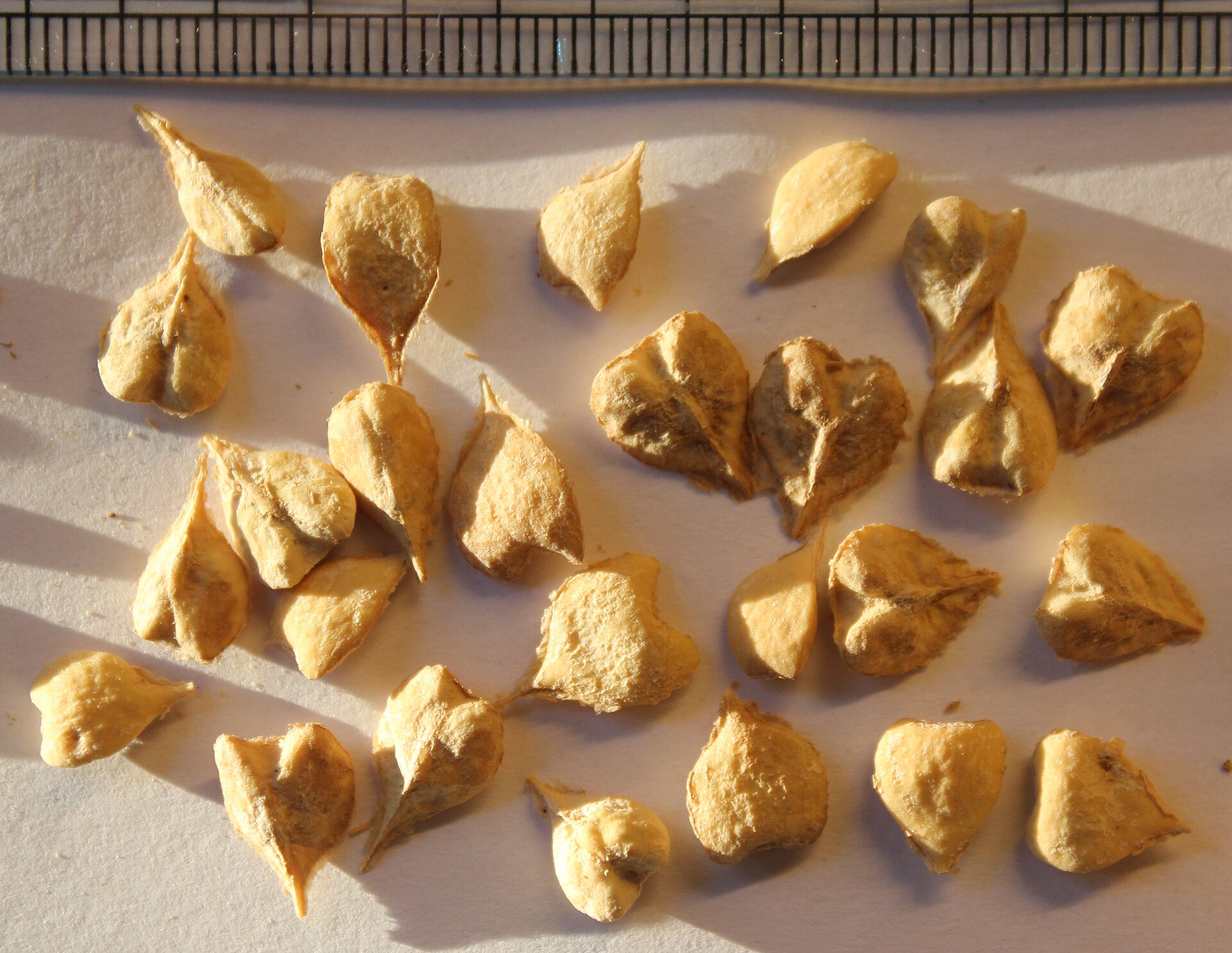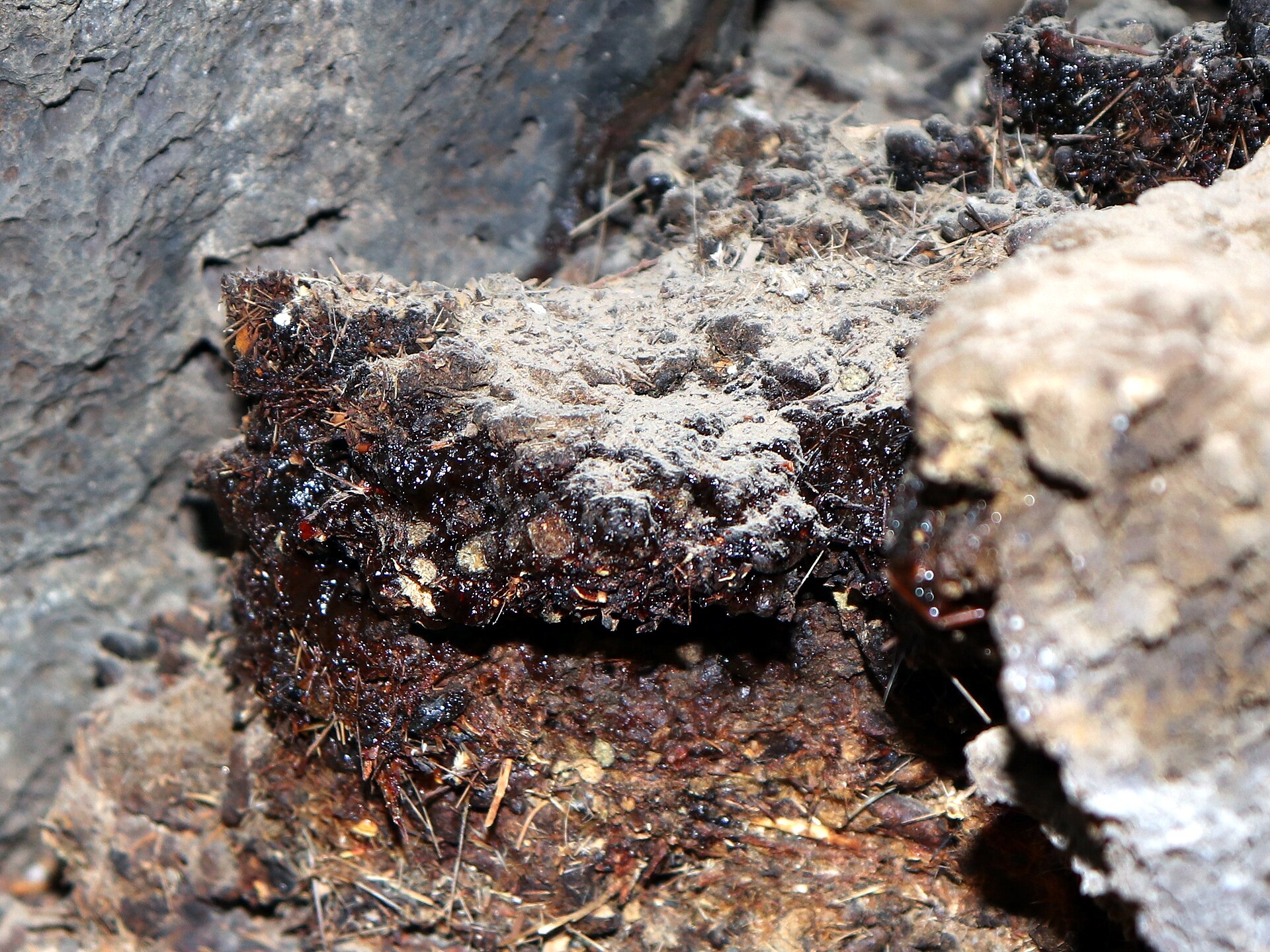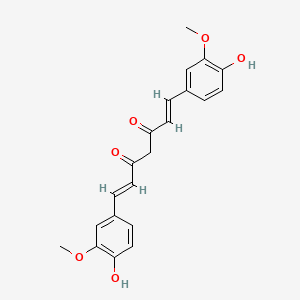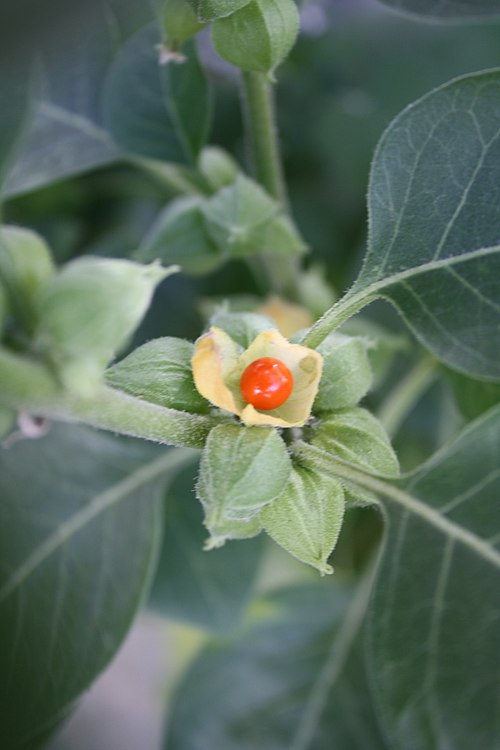


Tembotrione is a selective, systemic herbicide belonging to the triketone chemical class. Formulated as a 34.4% Suspension Concentrate (SC), it is designed for effective post-emergence control of a broad spectrum of broadleaf and grassy weeds in corn cultivation. Tembotrione inhibits the 4-hydroxyphenylpyruvate dioxygenase (HPPD) enzyme, crucial for carotenoid biosynthesis in plants, leading to bleaching and eventual plant death.


Tembotrione is a selective, systemic herbicide belonging to the triketone chemical class. Formulated as a 34.4% Suspension Concentrate (SC), it is designed for effective post-emergence control of a broad spectrum of broadleaf and grassy weeds in corn cultivation. Tembotrione inhibits the 4-hydroxyphenylpyruvate dioxygenase (HPPD) enzyme, crucial for carotenoid biosynthesis in plants, leading to bleaching and eventual plant death.

.3d8f8f41.svg)
Agrochemicals
.3556d45a.svg)

Crop Protection & Pest Control
Included in Quote
Included in Quote
Included in Quote
Included in Quote
.7767eb0f.png)

Chemical Properties & Specifications
Effectively controls a broad spectrum of broadleaf and grassy weeds in corn fields.
It inhibits the 4-hydroxyphenylpyruvate dioxygenase (HPPD) enzyme in plants, disrupting carotenoid biosynthesis, leading to chlorosis and plant death.
It is effective against broadleaf and grassy weeds commonly found in corn fields, including pigweed (Amaranthus spp.), barnyardgrass (Echinochloa crus-galli), and foxtails (Setaria spp.).
Yes, it is selectively designed for use in corn fields and does not harm the crop when applied at the recommended dosage.
It should be applied post-emergence when weeds are actively growing, ensuring thorough coverage for optimal control.
The recommended application rate varies based on weed species and crop growth stage; consult the product label or agronomic guidelines for precise dosage.
Yes, it exhibits rainfast properties within a few hours of application, maintaining efficacy under variable weather conditions.
It acts as an HPPD inhibitor, disrupting carotenoid biosynthesis and leading to visible bleaching and plant death.
It has moderate persistence and degrades over time, reducing long-term environmental impact.
Users should wear gloves, protective clothing, and eye protection to minimize exposure risks.

CAS No. : 97952-72-2
Category : Nutraceutical Ingredients
Sub-Category : Herbal Extracts
Description: Boswellia Serrata Extract standardized to 65% boswellic acids is a potent anti-inflammatory herbal e...

CAS No. : 13185-33-4
Category : Nutraceutical Ingredients
Sub-Category : Mineral Extracts
Description: Shuddha Shilajit is a purified and concentrated dry extract derived from natural exudates found in h...

CAS No. : 458-37-7
Category : Nutraceutical Ingredients
Sub-Category : Plant Extracts
Description: Curcumin 95% is a standardized turmeric extract derived from the rhizomes of Curcuma longa, enriched...

CAS No. : 90147-43-6
Category : Nutraceutical Ingredients
Sub-Category : Herbal Extracts
Description: Ashwagandha Extract standardized to 5.0% withanolides is a high-strength adaptogen sourced from the ...
